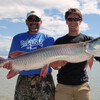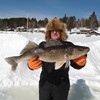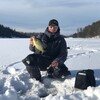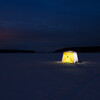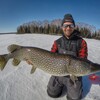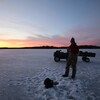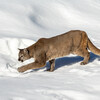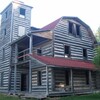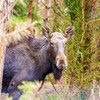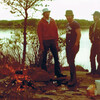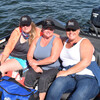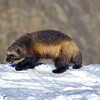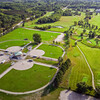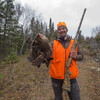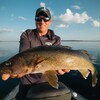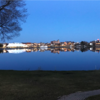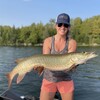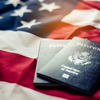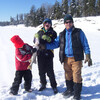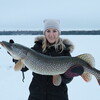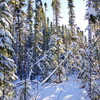
Rescued, Rehabilitated, and Released
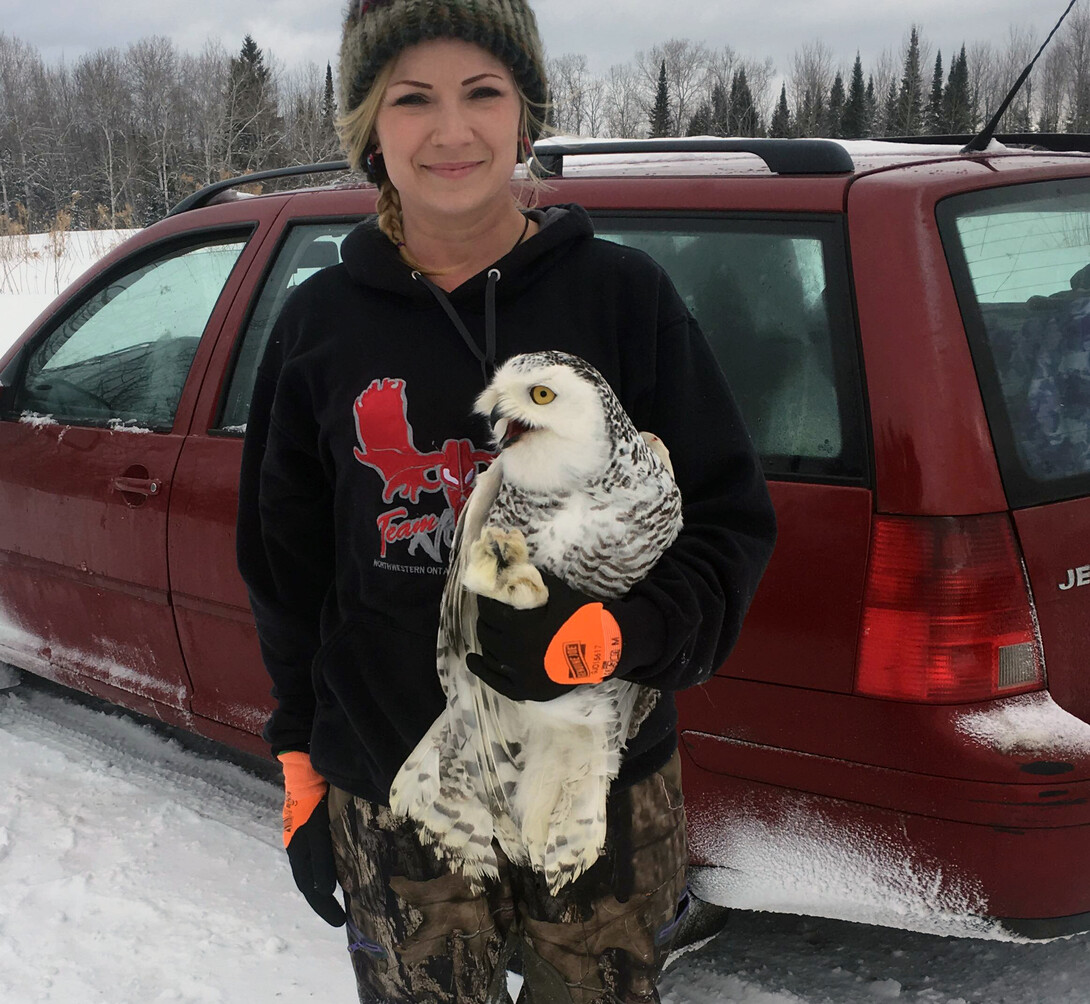
Seeing wildlife is nothing new in Northwest Ontario. Locals get so used seeing wild animals they sometimes just walk by a deer or eagle without looking twice. However, every once in a while something truly special happens. In this case, it was the journey of an injured snowy owl found in Pickle Lake that was flown to Thunder Bay where she was nursed back to health.
In early January, Terry Hill from the Ministry of Transportation was clearing the runway at the Pickle Lake Airport. He saw the snowy owl between the runway and a taxiway and tooted the horn to scare her away. Normally, a quick honk of the horn and the birds scatter and fly off. In this case, though, the owl refused—or couldn't—fly away.
Terry went to get another employee, Tony Levesque, and as they approached the owl, she tried to fly away but fell over. They determined that the owl couldn't fly, so they took her back to the garage, which is where saw that her wing was injured. She didn't fight them, which allowed them to get up and close with the owl—something that's not normally easy to do.
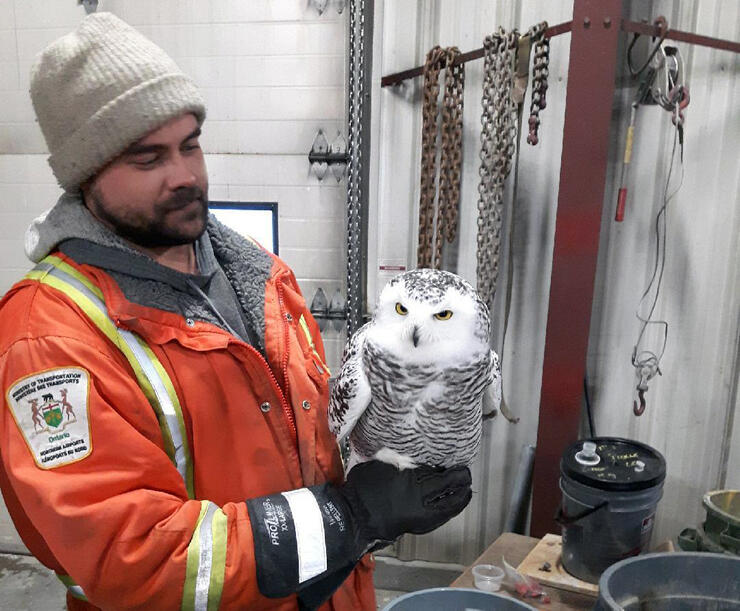
They knew they had to do something to help this owl, so Tony called his sister Irene Levesque who's involved with the dog rescue in Thunder Bay. She put him in touch with Jenn Salo. Jenn, who's a registered wildlife foster, said she'd assess the owl if it could get to Thunder Bay. When North Star Air in Pickle Lake was contacted, they agreed to put the owl on the next plane out, no hesitation. Everything just seemed to fall into place. They were met the plane and brought the owl straight to Jenn. It was only about five hours from the time the owl was spotted to the time it landed in Thunder Bay!
Jenn assessed the owl and determined that the owl, who she named Luna, was very malnourished and had a damaged wing, but she felt she could treat and rehabilitate her. Luna was covered in parasites called flat flies and was emaciated to the point of almost starving to death. The average snowy owl weighs between four and six pounds. Luna was only 2.6 pounds when she was found. Without Terry and Tony's help, she surely would have perished in Pickle Lake. The fact that the owl was still alive was amazing. They are truly incredible animals.
You can determine the sex of a snowy owl based on plumage. Heavily marked ones, like Luna, are female. And the smaller males are whiter, with less barring.

The first night Jenn stayed up with the owl all night making sure it survived. Often, when people find an injured animal, their first instinct is to give it food, but that's not what should happen—they need fluids. Luna received fluid therapy for the next three days.
Jenn used her knowledge, love, and patience to bring Luna back to health, eventually giving her food including strips of meat. It's not an easy feat to rehabilitate an animal or bird. Jenn, who one day dreams of opening a much-needed wildlife rehabilitation centre in Thunder Bay, spent many hours volunteering her time to get Luna back flying high in the sky. Luna needed to gain weight at the appropriate speed. She also needed her wing, which was infected, cleaned out and healed.
Everything about the rehabilitation must be documented and submitted to the Ministry of Natural Resources and Forestry. In order to be released back into the wild, they must first pass an assessment. Luna didn't pass the first assessment, so she had to be kept for a bit longer.
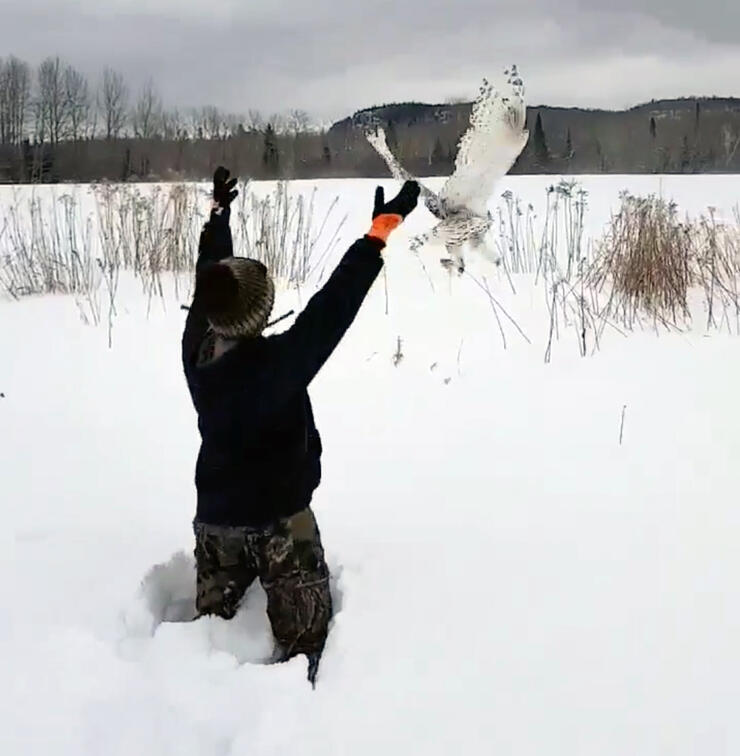
Finally, on February 25, almost two months after being found near death, the time came for Luna to be released. She was released in Thunder Bay, as opposed to Pickle Lake, because now Luna could fly and would probably injure herself in a cage in the plane back to Pickle Lake. At the time of release, Luna was a healthy 4.8 lbs.
When releasing a bird or animal back into the wild, it's imperative that they are released into an area that has food and cover from predators.
Watch the video of Luna being released into the wild!
Thank you to Tony and Terry for finding Luna, to North Star Air for the free and quick flight, and most of all to Jenn for the time she spent rehabilitating and the money that she spent out of her pocket to feed and care for Luna (which came to around $300).
Please share this article to help spread the word about Jenn's good deed! She has nursed several animals back to health, including a great horned owl which she treated at the same time as she treated Luna.
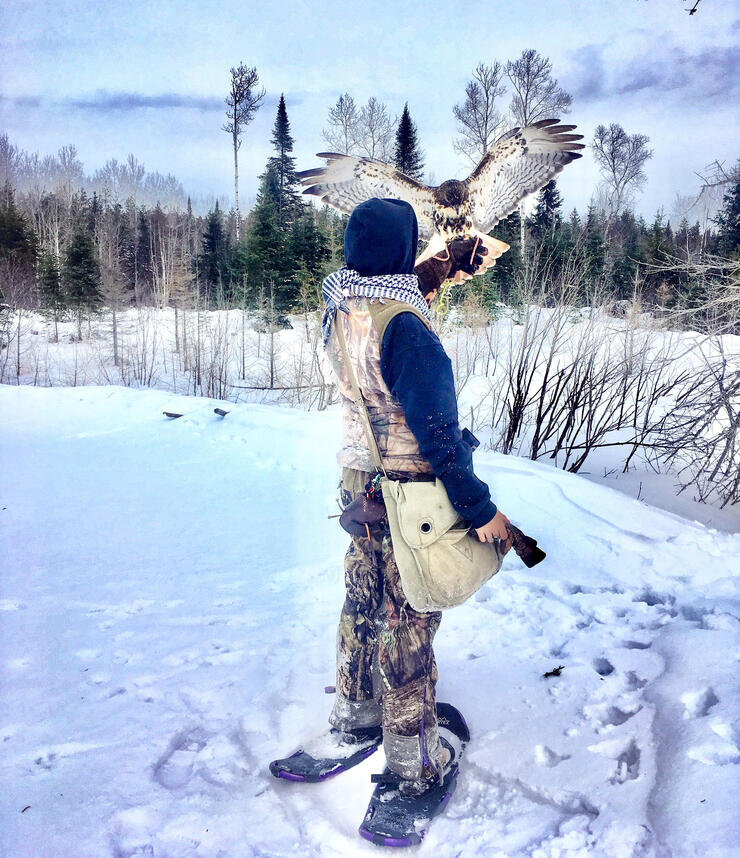
After speaking with Jenn, I was touched by her generosity and her willingness to give many hours of her time (and money) to rehabilitate these animals. If you would like to help Jenn recover the costs of the food and medical bills or to perhaps help open her own wildlife rahab center in Thunder Bay, please donate to the gofundme campaign that I have started. Thank You!!!
Recommended Articles
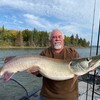
Is the 1,400 Kilometre Drive to Northwest Ontario For a Fishing Trip Worth it?
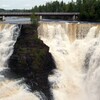
8 must-see waterfalls

6 Ways to Get Your 10,000 Steps This Fall
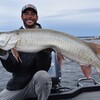
Top 5 Reasons You Should Be Fishing in Morson, Ontario
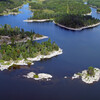
Discover The Winnipeg River
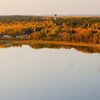
Enjoy Sunset Country's Fall Colours on Your Next Road Trip

Fishing in the Fall?
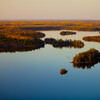
6 Reasons to Book a Fall Vacation to Sunset Country
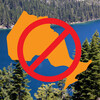
10 Reasons to Avoid Ontario’s Sunset Country
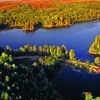
Heading Across Canada?
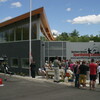
A Guide to Sunset Country Museums
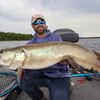
The Promised Land: Best Muskie Fishing in Ontario
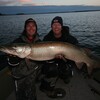
Fall Fishing Tips
5 Essential Boreal Experiences in Ontario's Sunset Country
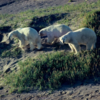
5 Obscure Facts About Northwestern Ontario: Were You Aware of These?
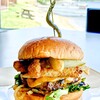
Great Food in Relatively Unknown Places
Outdoor Medicine
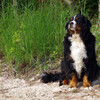
A Guide to Bringing Your Pets on Vacation to Canada
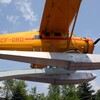
There's more than just fishing in the Red Lake Region
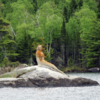
5 Amazing Sights You Can Only See By Boat
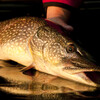
Going Fishing in Canada?
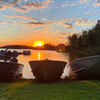
Going fishing in Ontario?
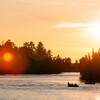
Outdoor Adventure in Ontario's Northern Paradise
Planning A Family Fishing Trip to Canada
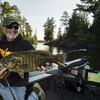
Tips from a Fishing Legend
